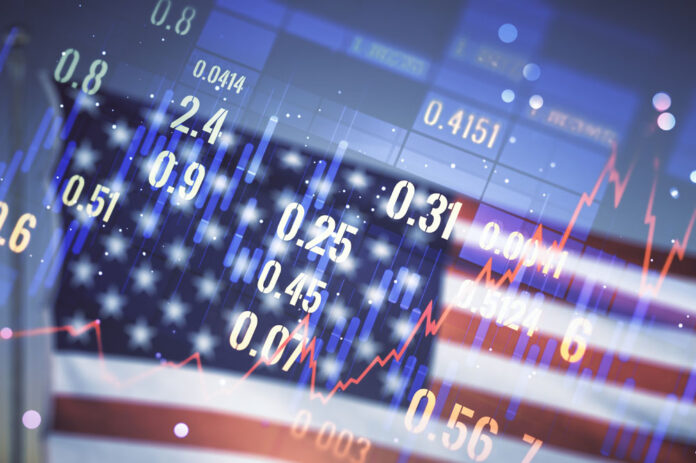September, known as the most dreaded month on Wall Street, is just beginning. What can we expect this month in the U.S. stock market?
What Has Happened
According to Bloomberg Line, September has been, on average, the worst month of the year for the U.S. stock market for about 75 years, with the S&P 500 index and its predecessor, the S&P 90, losing an average of about 0.87% in September, as stated in a report released by Swiss financial holding company Mirabaud.
The report also indicates that the September effect is not limited to U.S. stocks alone, but is also linked to certain global markets. Some analysts estimate that the negative effect on markets is generated by a seasonal behavioral bias, where investors move their portfolios as the summer winds down to cash in.
The study also mentions that most mutual funds sell their assets to recover tax losses at the end of their fiscal year in September. Additionally, the last two weeks of September have historically been the worst since 1950.
The report highlights that in presidential election years, such as 2024, the average level of market volatility has been higher in the month and in the three months leading up to the election. It should not be forgotten that in September 2024, central bank meetings may be more decisive than before.
Why It Is Relevant
The September effect is a phenomenon that investors should keep in mind when planning their investment strategies. According to Mirabaud, investors can expect to use weak months as an entry point if they are looking for long-term positions.
However, they should also be prepared for the possibility of increased volatility, especially in a year with presidential elections and central bank meetings around the corner.



